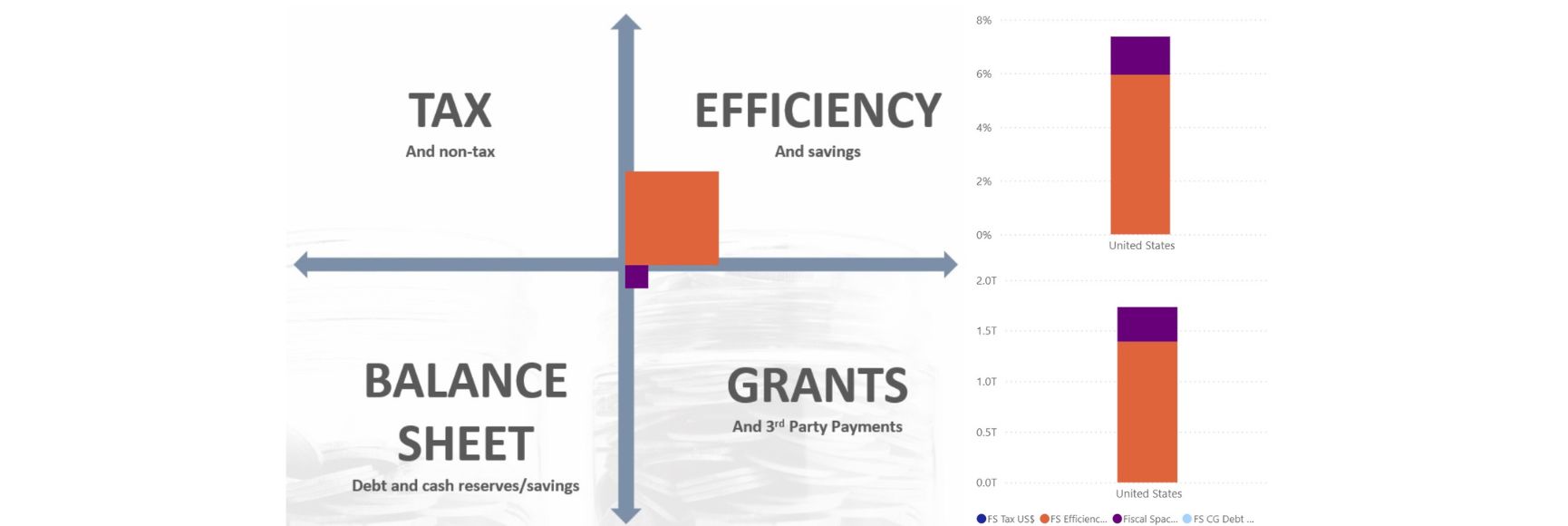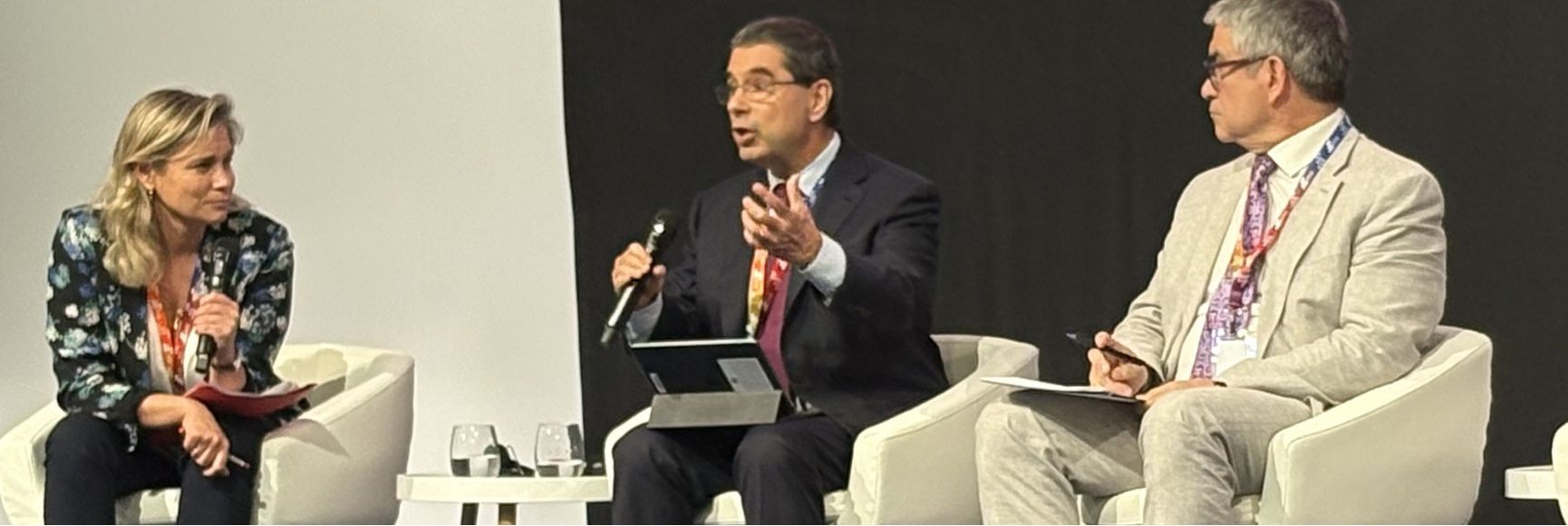Posted by Verena Maria Fritz [1]
Strengthening public financial management (PFM) systems is a key area that development partners and the World Bank and IMF in particular seek to support in many post-conflict environments. As the World Bank intensifies its assistance to fragile and post-conflict countries, it is important to invest in learning what works, why and with what impacts in these environments with regards to PFM reforms.
A new comparative study [Strengthening PFM in Post-Conflict Countries] -- a joint product by the World Bank's PREM Public Sector Governance Unit and the WB’s Global Center for Conflict, Security, and Development in partnership with the Centre for Aid and Public Expenditure at the UK’s Overseas Development Institute (ODI) -- captures the experiences, successes, and challenges with PFM reforms in eight post-conflict countries. The review provides a systematic mapping of the PFM reform trajectories of eight cases over a period of 7 to 10 years and the achievements made to date, with the intention to complement the practitioner experience that PFM experts bring to bear in their work. The country cases include Afghanistan, Cambodia, the Democratic Republic of Congo, Kosovo, Liberia, Sierra Leone, Tajikistan, and West Bank and Gaza. Based on the cross-country findings, the review develops recommendations on supporting PFM in post-conflict countries in general, and more specifically with regards to the remaining challenges in the reviewed countries.
(1) PFM reforms are feasible even in challenging post-conflict environments with initially very low skills levels and capacity, even when security concerns remained. Four out of the eight countries covered made substantial progress and a further two achieved intermediate progress with strengthening their PFM systems.
(2) Seeking international recognition and/or major debt relief have been important motivating factors for the governments concerned to pursue PFM reforms. By contrast, having a higher level of domestic revenue did not translate into greater efforts to undertake PFM reforms across the cases and time periods reviewed.
(3) In most countries, the relatively greatest progress has been achieved on budget execution. Progress on budget planning and on budget accountability has been more limited. Post-conflict situations can offer a window of opportunity for reforms such as introducing a TSA or an improved chart of accounts, and in several cases Financial Management Information Systems (FMISs) were successfully introduced. In contrast, advanced budget planning reforms such as program budgeting have typically not succeeded. Instead, reformers should consider developing simpler ways to relate inputs and outputs in the presentation of budgets. Budget accountability reforms are most dependent on political commitment. Given their importance for developing state legitimacy, accountability improvements should nonetheless be pursued to the extent possible.
(4) While PFM reforms were positively associated with gains in state ‘resilience’ and control of corruption in most (but not all) countries, there was no correlation between the degree of improvements in PFM and progress on available measures of service delivery. This suggests that the bridge between PFM reforms as such and expected wider impacts on state-building and service delivery requires greater attention and implies that operationally, PFM reforms should reach more quickly and substantially into sectors and sub-national levels in order to more effectively support progress on service delivery and to promote gains in state resilience across the territory.
(5) Capacity for PFM remains a challenge especially in lower income post-conflict environments, even after 7 to 10 years of support. Greater and more sustained attention to capacity is needed, as is attention to complementary civil service and pay reform which are frequently a key constraint to sustainable capacity improvements.
(6) Countries improving their PFM systems have seen some pay-off in terms of a higher share of aid using country systems, but the link is weaker than would be expected.
In a nutshell, post-conflict environments can offer real opportunities for progress on PFM reforms; however, these opportunities need to be used with care and with attention to the specific country environment and dynamics.
The reform experiences across countries suggest that there is no single best practice in sequencing or approach that can be applied. Rather, support to strengthen PFM in post-conflict situations should be based on three essential components: drawing relevant lessons from other post-conflict trajectories for the situation at hand, a sufficient understanding of the (evolving) status quo and of current key bottlenecks in PFM, and attention to calibrating reforms to existing windows of opportunity and evolving capacity.
[1] Verena Fritz is Senior Governance Specialist with the PREM Public Sector Governance Unit of the World Bank. In her work, Verena focuses on PFM and other public sector reforms and on political economy analysis.





